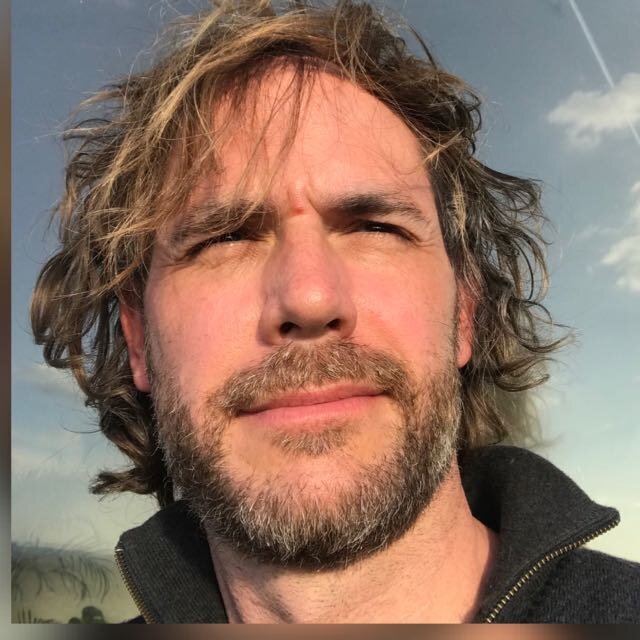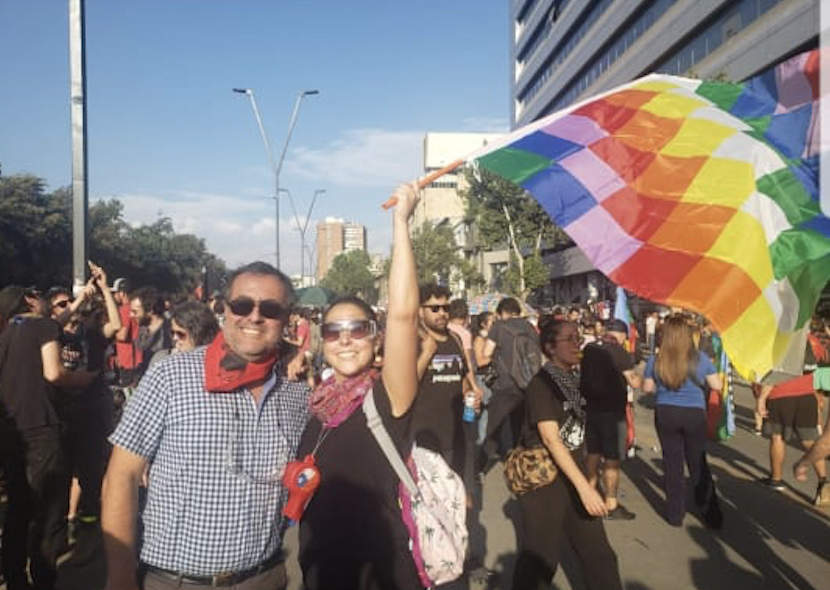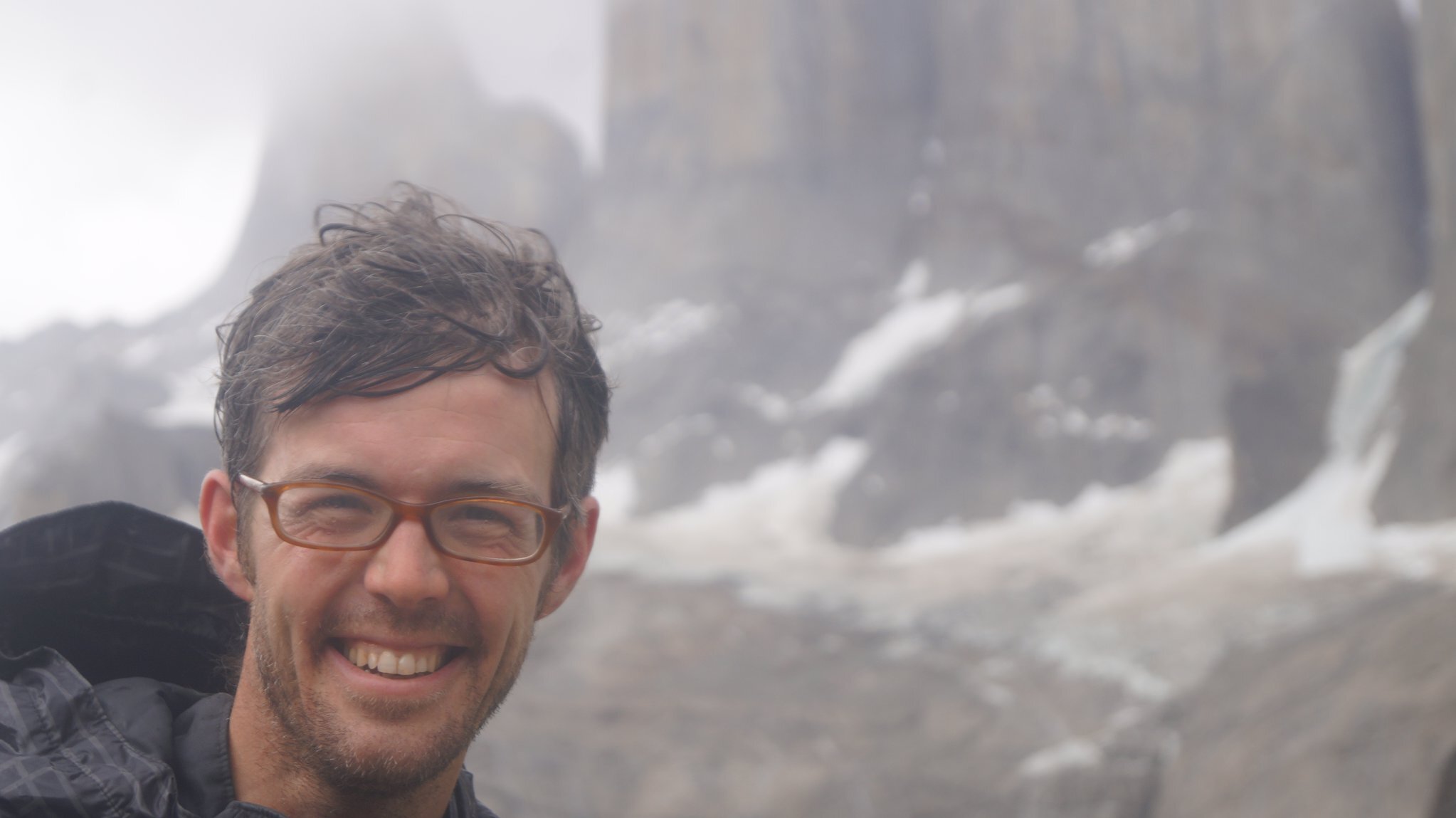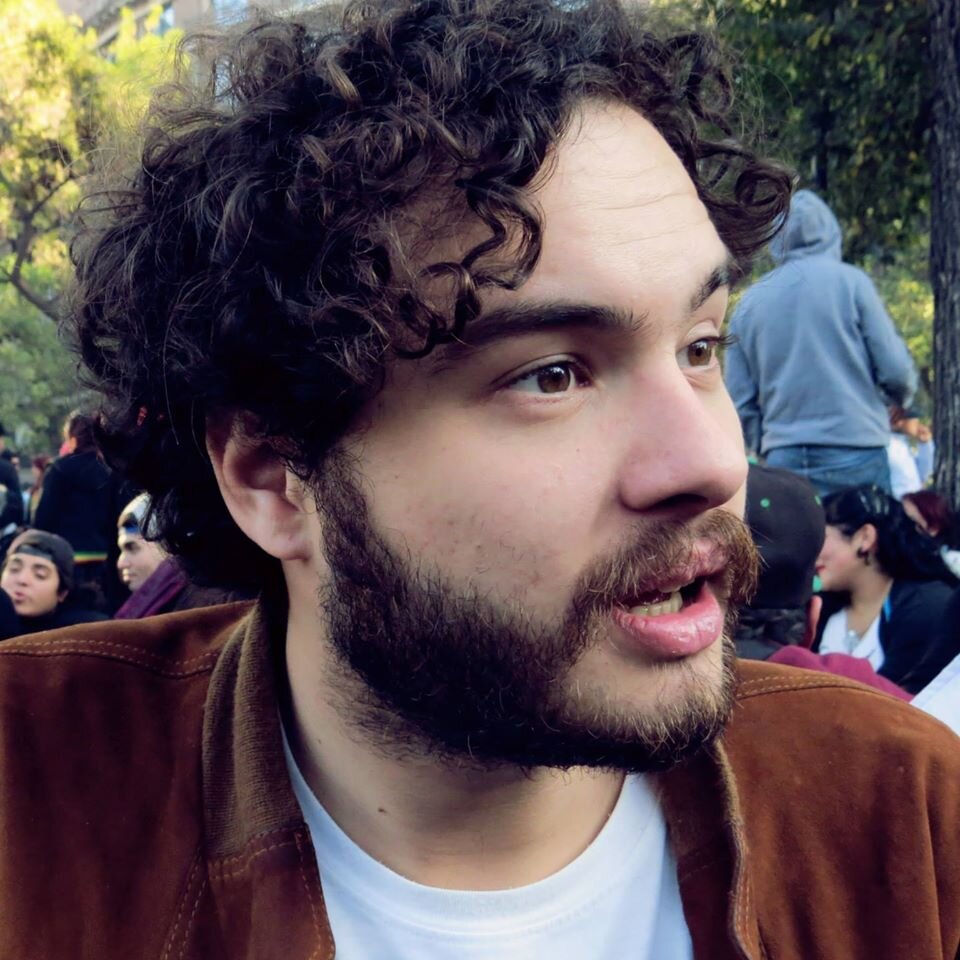Perhaps one of the least represented perspectives we’ve covered on this show is that of the forests that feed and shelter us, provide our medicines, replenish our soil, sustain our wildlife, color our landscapes, and which address the most basic of all human needs, the need to breathe.
Originally from Chile, Nicolas Salazar Sutil currently resides in the UK. Nic founded the Charity Guardians Worldwide in 2019 in response to wildfire emergencies happening around the world. With a focus in eco-restoration, systemic transformation and Indigenous led education, Guardians designs and delivers online courses featuring ecological apprenticeships, indigenous forest schooling, forest and eco-restoration placements, traditional ecological knowledge and more.
There’s also a time sensitive matter that we would like to bring to your attention. Nicolas’ organization is about to start “Follow the Land”, a transformational online course on land consciousness featuring a physical/ live streaming pilgrim's walk in South-East England followed by placements in four amazing European wilderness destinations.
Guardians Worldwide is also steering a fundraising campaign entitled The Clootie Tree to support five indigenous forest guardians in the Amazon, Atlantic and Valdivian Forests of South America.
See details for joining and supporting these initiatives below.
Guardians Worldwide: GWW is a UK based charity that supports forest and river guardians worldwide through eco-restoration, cultural transformation and indigenous-led education. Our work supports over 30 guardians in different parts of the world, encompassing over half a million hectares of primary forest.
Clootie Tree Campaign:
Guardians Worldwide is involved in a small fundraising campaign to support post-covid relief in the Amazon, Atlantic and Araucaria forests of South America. Your suport will go toward the work of five forest guardians Flay Guajajara, Tawana Kariri-Xoco, Haru Kuntanawa, Alex Melinir and Yanda Tawra.










